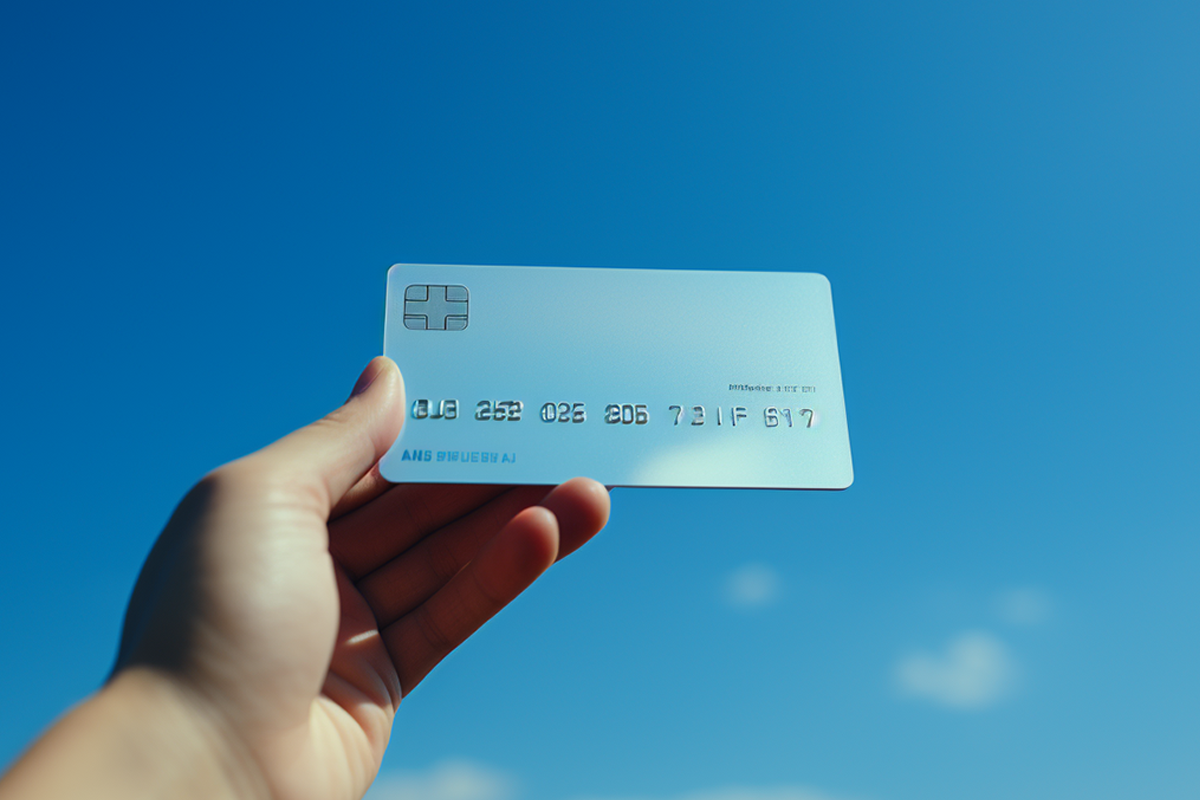Credit cards have become a versatile tool in modern finances, offering secure payment options and lucrative rewards. But what about using them to cover medical bills? This practice, though increasingly common, comes with its own set of pros and cons, and it’s crucial to weigh your options carefully.
Pros of Using Credit Cards for Medical Bills
Using credit cards for medical expenses offers several advantages. Firstly, it can help you meet the minimum spending requirement for a welcome bonus on a new credit card, which is especially beneficial when facing significant medical bills not covered by insurance.
Additionally, if you have a credit card with a 0% APR offer and a sufficient promotional period, you can spread the cost of a substantial medical bill over several months without incurring interest charges. However, be cautious and ensure you can pay off the balance before the promotional rate expires.
Cons of Using Credit Cards for Medical Bills
However, there are drawbacks to using credit cards for medical expenses. Notably, it can impact your credit score. While recent changes have removed certain medical debts from credit reports, if you can’t promptly pay off your medical bills, charging them to your credit card could still harm your credit score. Careful consideration of your financial situation and credit health is essential before choosing this payment method for medical expenses.
Exploring Alternatives
If you find yourself on shaky financial ground, there are alternative ways to address medical bills without relying on your credit card:
- Billing Errors: Start by reviewing your medical bill meticulously to ensure that your insurance has covered everything it should. Billing errors are not uncommon, and correcting them could reduce your financial burden.
- Negotiation: Don’t hesitate to reach out to your healthcare provider’s billing department. You have the right to negotiate medical bills, and if reducing the amount owed isn’t possible, you can arrange a payment plan. Depending on your income and circumstances, you may also qualify for financial assistance.
- Consider Personal Loans: In some cases, a personal loan might be a more affordable option for financing medical expenses over an extended period. Personal loans often come with lower APRs than credit cards, and if you have a good credit score, you might secure a favorable rate.
While credit cards are a valuable financial tool, they may not always be the best choice for covering medical bills, depending on your financial situation. To make an informed decision, assess the pros and cons, consider the recent changes in credit reporting for medical debt, and explore alternative payment options. Safeguarding your credit score and financial well-being should be a priority when facing medical expenses, and choosing the right payment method is a crucial part of that equation.







